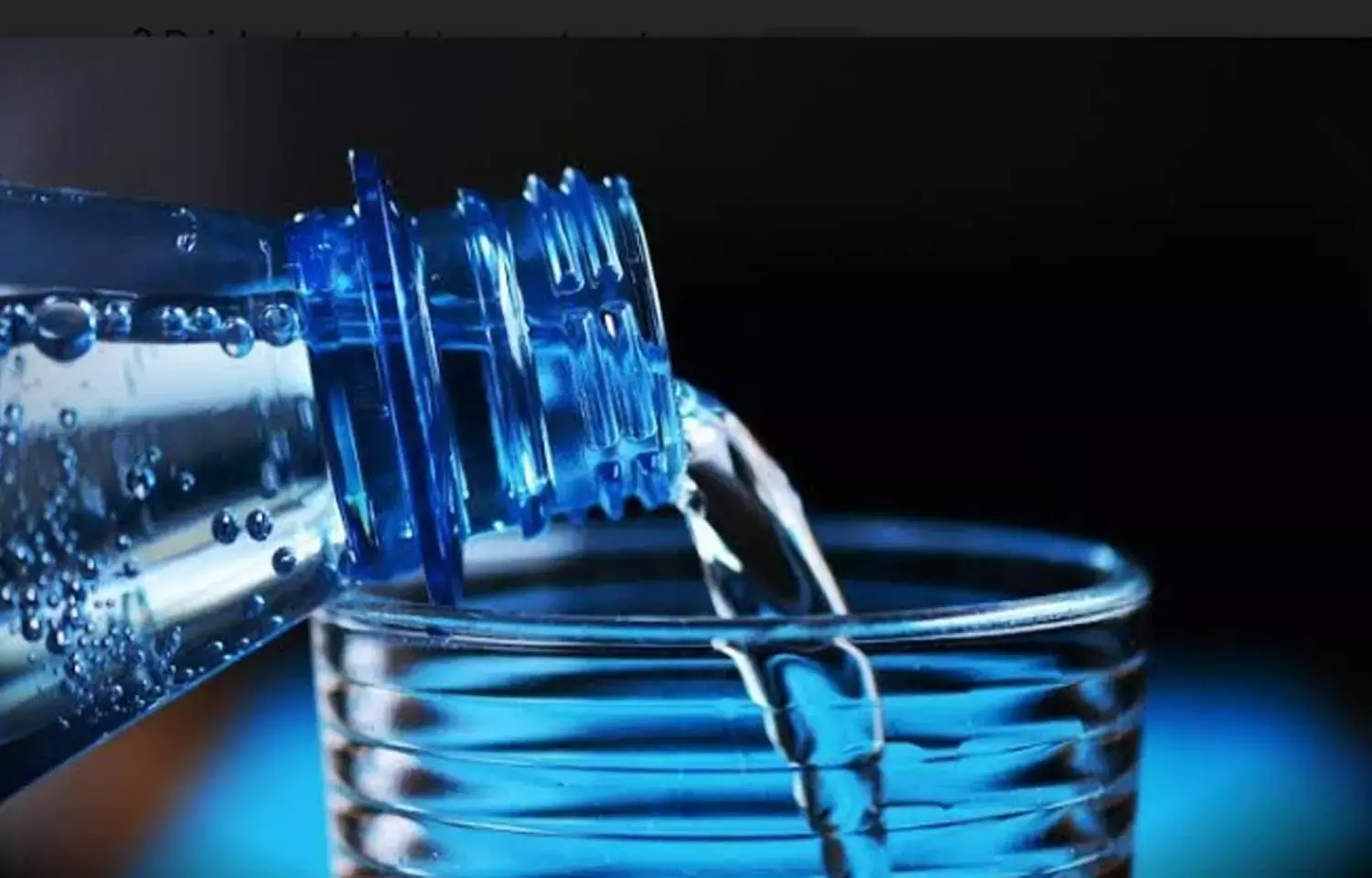- Home
- Medical news & Guidelines
- Anesthesiology
- Cardiology and CTVS
- Critical Care
- Dentistry
- Dermatology
- Diabetes and Endocrinology
- ENT
- Gastroenterology
- Medicine
- Nephrology
- Neurology
- Obstretics-Gynaecology
- Oncology
- Ophthalmology
- Orthopaedics
- Pediatrics-Neonatology
- Psychiatry
- Pulmonology
- Radiology
- Surgery
- Urology
- Laboratory Medicine
- Diet
- Nursing
- Paramedical
- Physiotherapy
- Health news
- Fact Check
- Bone Health Fact Check
- Brain Health Fact Check
- Cancer Related Fact Check
- Child Care Fact Check
- Dental and oral health fact check
- Diabetes and metabolic health fact check
- Diet and Nutrition Fact Check
- Eye and ENT Care Fact Check
- Fitness fact check
- Gut health fact check
- Heart health fact check
- Kidney health fact check
- Medical education fact check
- Men's health fact check
- Respiratory fact check
- Skin and hair care fact check
- Vaccine and Immunization fact check
- Women's health fact check
- AYUSH
- State News
- Andaman and Nicobar Islands
- Andhra Pradesh
- Arunachal Pradesh
- Assam
- Bihar
- Chandigarh
- Chattisgarh
- Dadra and Nagar Haveli
- Daman and Diu
- Delhi
- Goa
- Gujarat
- Haryana
- Himachal Pradesh
- Jammu & Kashmir
- Jharkhand
- Karnataka
- Kerala
- Ladakh
- Lakshadweep
- Madhya Pradesh
- Maharashtra
- Manipur
- Meghalaya
- Mizoram
- Nagaland
- Odisha
- Puducherry
- Punjab
- Rajasthan
- Sikkim
- Tamil Nadu
- Telangana
- Tripura
- Uttar Pradesh
- Uttrakhand
- West Bengal
- Medical Education
- Industry
Muscle cramp? Drink electrolytes, not water

If you reach for water when a muscle cramp strikes, you might want to think again. New research from Edith Cowan University (ECU) has revealed drinking electrolytes instead of pure water can help prevent muscle cramps.
The study, published in the Journal of the International Society of Sports Nutrition, found that people who drank electrolyte enhanced water during and after exercise were less susceptible to muscle cramps than those who drank pure water.
Muscle cramps are a common painful condition affecting many people, including around 39 per cent of marathon runners, 52 per cent of rugby players and 60 per cent of cyclists.
Dilution solution
Lead researcher Professor Ken Nosaka, from ECU's School of Medical and Health Sciences, said the study builds on the evidence that a lack of electrolytes contributes to muscle cramps, not dehydration.
"Many people think dehydration causes muscle cramps and will drink pure water while exercising to prevent cramping," he said.
"We found that people who solely drink plain water before and after exercise could in fact be making them more prone to cramps.
"This is likely because pure water dilutes the electrolyte concentration in our bodies and doesn't replace what is lost during sweating."
When cramp strikes
Professor Nosaka began researching the causes of muscle cramps after regularly suffering from them while playing tennis.
The study involved 10 men who ran on a downhill treadmill in a hot (35ºC) room for 40 to 60 minutes to lose 1.5 to 2 per cent of their body weight through sweat in two conditions.
They drank plain water during and after exercise for one condition and took a water solution containing electrolytes in the other condition.
The participants were given an electrical stimulation on their calves to induce muscle cramp. The lower the frequency of the electrical stimulation required, the more the participant is prone to muscle cramp.
"We found that the electrical frequency required to induce cramp increased when people drank the electrolyte water, but decreased when they consumed plain water," said Professor Nosaka.
"This indicates that muscles become more prone to cramp by drinking plain water, but more immune to muscle cramp by drinking the electrolyte water."
Not all water is equal
Electrolytes are minerals including sodium, potassium, magnesium and chloride. They are essential for muscle health and help the body to absorb water.
Oral rehydration solutions contain electrolytes in specific proportions and can be made with water, salt and sugar. They are commonly found in supermarkets and pharmacies.
Professor Nosaka said electrolytes have many benefits for both athletes and the general population.
"Electrolytes are vital to good health - they help the body to absorb water more effectively than plain water and replace essential minerals lost through sweat or illness," he said.
"People should consider drinking oral rehydration fluids instead of plain water during moderate to intense exercise, when it's very hot or when you are sick from diarrhoea or vomiting."
Professor Nosaka is planning further research to find out the optimal amount of electrolytes to prevent muscle cramps as well as how they could help the elderly and pregnant women.
Hina Zahid Joined Medical Dialogue in 2017 with a passion to work as a Reporter. She coordinates with various national and international journals and association and covers all the stories related to Medical guidelines, Medical Journals, rare medical surgeries as well as all the updates in the medical field. Email: editorial@medicaldialogues.in. Contact no. 011-43720751
Dr Kamal Kant Kohli-MBBS, DTCD- a chest specialist with more than 30 years of practice and a flair for writing clinical articles, Dr Kamal Kant Kohli joined Medical Dialogues as a Chief Editor of Medical News. Besides writing articles, as an editor, he proofreads and verifies all the medical content published on Medical Dialogues including those coming from journals, studies,medical conferences,guidelines etc. Email: drkohli@medicaldialogues.in. Contact no. 011-43720751


